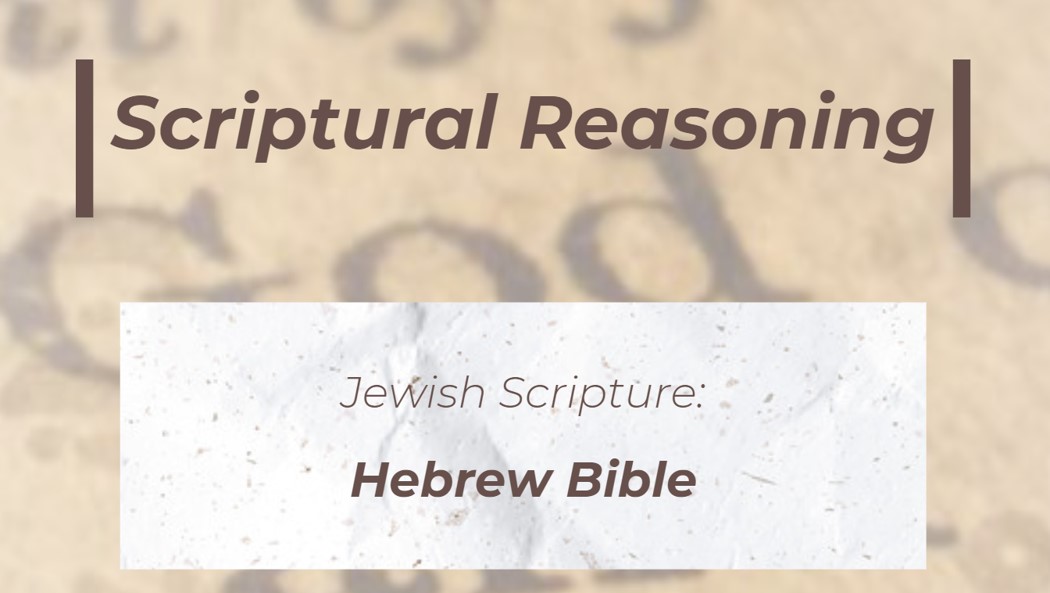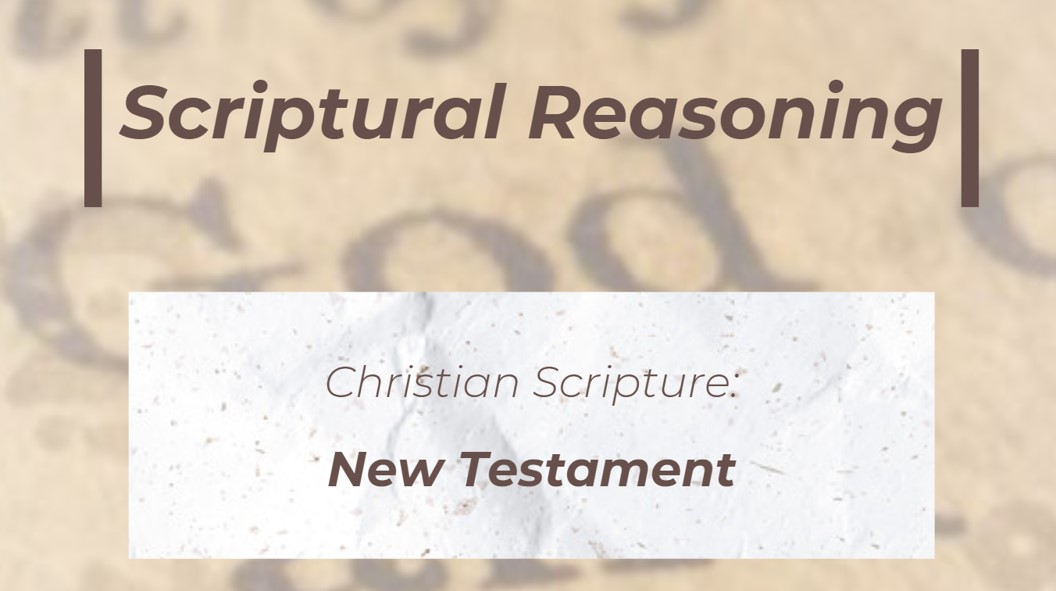Rumi Forum had its monthly circle on November 16, 2023, to study Abrahamic scriptures on the topic of “Leadership” with our study leader, Hurunnessa Fariad, from the Multifaith Neighbors Network.
Scriptural Reasoning (SR) allows Christians, Jews, and Muslims to study each other’s sacred texts. SR participants meet monthly to read short passages from their respective scriptures on a certain topic. Facilitated by a study leader, each session is an opportunity to listen and share various perspectives. SR sessions help participants reflect on a curious list of topics within the Abrahamic tradition. The result is often a deeper understanding of others and one’s own scriptures, as well as the development of strong bonds across faith communities.
Scriptural Reasoning: Introduction Jewish Scripture: Hebrew Bible
Christian Scripture: New Testament Islamic Scripture: Quran
Event Photos
[ngg src=”galleries” ids=”401″ display=”basic_thumbnail” thumbnail_crop=”0″]
This Month’s Study Leader
Hurunnessa Fariad is the Director of Outreach at Multifaith Neighbors Network (MFNN) and has overseen the Multifaith efforts at the ADAMS Center. She is an active D.C. Muslim Jewish Advisory Council and Peace Catalyst International member. Ms. Fariad serves as the Secretary of the Board of Directors at Virginian Interfaith Center for Public Policy, Leadership Circle Advisor for the One America Movement, Muslim Member of Fairfax County`s Interfaith and Equity Committee, Muslim Member of the Fairfax County Public School Religious Observances Task Force and member of the TSA Multicultural Coalition.
Ms. Fariad is the founder and Music Director of America`s First Mosque Youth Choir, The ADAMS Beat, which is actively involved in multifaith and advocacy work. As Director of Outreach at MFNN, she is responsible for building relationships outside of the organization to more effectively reach the organization’s goals. This also includes working with clerics in their cities to better equip them to lead in their city, communicate with local partners, and help mobilize women in MFNN programs.











